

HEALTH
ASUTIFI N: Stakeholders in WASH Schooled on MEL for ANAM
The Deputy Director in charge of Sustainable Development goals (SDGs) at the National Development Planning Commission (NDPC), Dr. Felix Addo -Yobo has called on stakeholders in Water, Sanitation and Hygiene (WASH) sector to collaborate and harmonize their activities to ensure resources are efficiently and effectively managed and utilized.

Date Created : 8/13/2018 5:04:57 AM : Story Author : Kombat Bassum Maxwell/Ghanadistricts.com
He observed an integrated approach and sustained public education will drive effective behavioral change which is the major bane of WASH related interventions in communities.
He observed the country was facing many sanitation challenges which require a sustained holistic approach to help transform attitudes and behaviour of citizens towards WASH service delivery.
Dr. Addo-Yobo was addressing participants drawn from Civil Society Organizations (CSOs), Non-Governmental Organizations (NGOs), Water Resource Commission (WRC), Ghana Health Service (GHS), Ghana Education Service (GES), Heads of Department and the Media at a 2-day workshop on the use Monitoring, Evaluation and Learning (MEL) approach to prioritize indicators for the Asutifi North District WASH Masterplan at Kenyasi in the Brong Ahafo Region.
“This training is very important in the whole scheme of things to be able to access what we are doing and make sure we achieve our target in the master plan by tracking the progress of implementation, measure outcomes and institute corrective measures. So using the MEL, monitoring provides the data, the evaluation provides the stories behind the data and then we learn from it to improve upon our performance”, he observed.
He said it was important for the assembly and IRC-Ghana to organize the engagement because of resource scarcity, cumbersome process of data collection, analysis and unavailability of data on some sectors.
Dr. Addo-Yobo blamed the country’s failure to achieve the SDC6 target on lack of coordination of WASH activities by the various industry players and encouraged them to dedicate and build synergies to successfully implement the ANAM initiative.
“We need to look at the whole thing holistically and not limit ourselves to the traditional WASH sector. We need to look beyond and bring on bound all sectors that interact and are impacted by the WASH sector together. The task ahead is huge but dedication, commitment and with various teams pulling together and building synergies, we can make this project a success”, he explained.
He appealed to Ghanaians to soberly reflect and change their attitude towards WASH activities taking into consideration huge investment in the sector by government and other partners.
The District Chief Executive (DCE), Hon. Anthony Mensah, in his welcome address appealed to participants to share ideas and experiences to enable the assembly develop a sustainable Monitoring, Evaluation and Learning Framework for the ANAM WASH Masterplan.
“The construction of hardware infrastructure such as boreholes, piped water systems and toilet facilities are critical in achieving our desired goal of WASH services for all. It is equally critical that we get the right indicators to track the use of the resources and progress towards the achievement of the stated goals, achievement and output. The successful implementation of ANAM will require the development of a robust monitoring, evaluation and learning framework”, he emphasized.
He commended the partnership with IRC, World Vision International, Safe Water Network, Aquaya Institute and the Centre for Disease Control and Protection towards the implementation of the Asutifi North Ahonidee Mpontuo (ANAM) and called on more donors and development partners to come to the aid of the district.
The 13 year initiative is conceived in line with the United Nations Sustainable Development Goal 6 (SDG 6) on clean water and sanitation to ensure by 2030, universal access to safe water, sanitation and hygiene services (WASH) is extended to an estimated 84,432 inhabitants in the district.
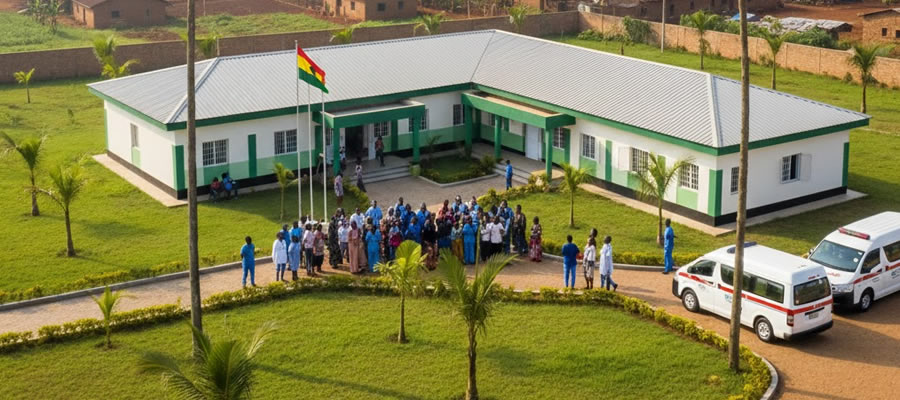
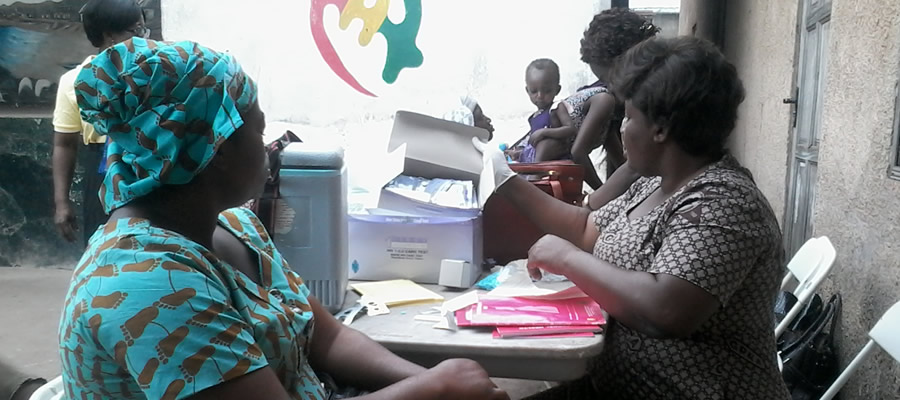

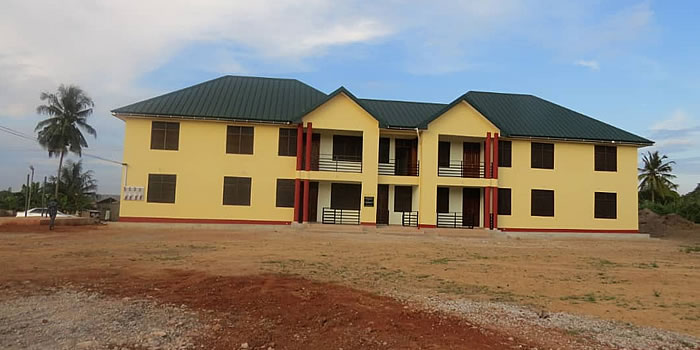
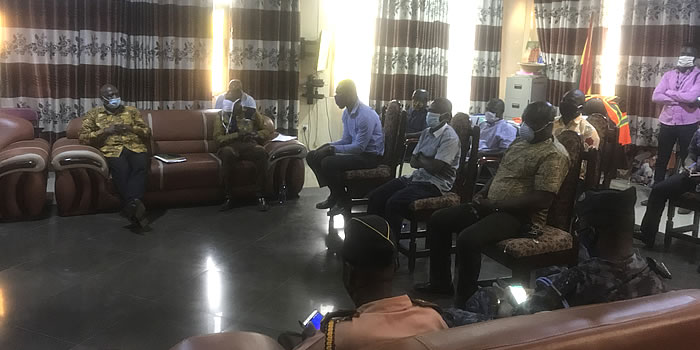
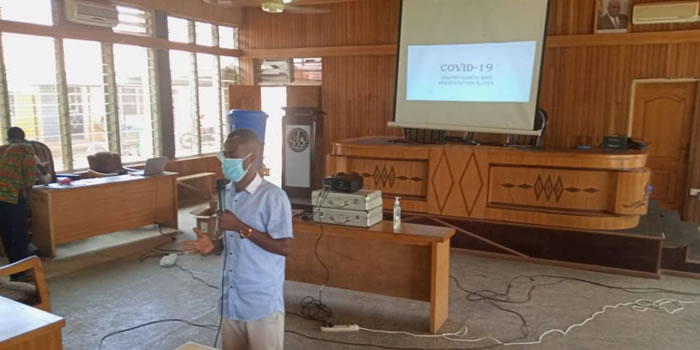
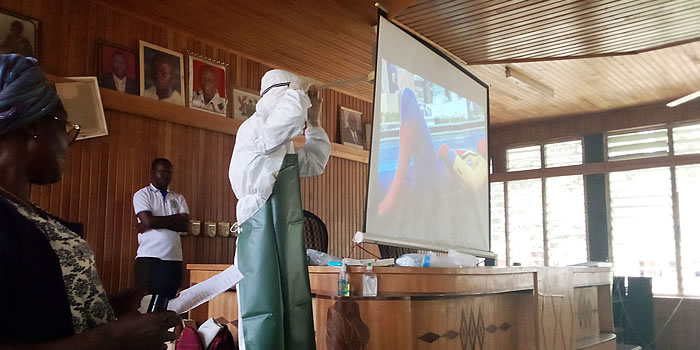
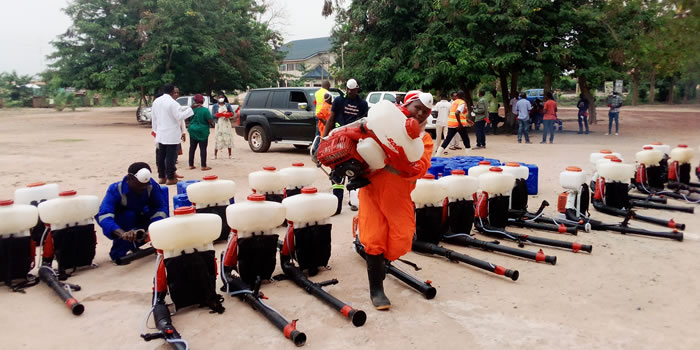

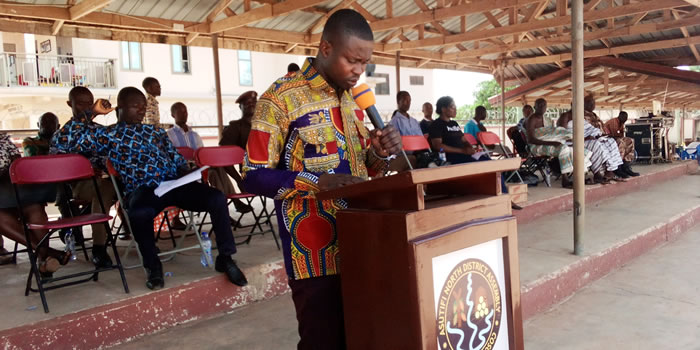
 facebook
facebook
 X
X
 Youtube
Youtube
 instagram
instagram
 +233 593 831 280
+233 593 831 280 0800 430 430
0800 430 430 GPS: GE-231-4383
GPS: GE-231-4383 info@ghanadistricts.com
info@ghanadistricts.com Box GP1044, Accra, Ghana
Box GP1044, Accra, Ghana